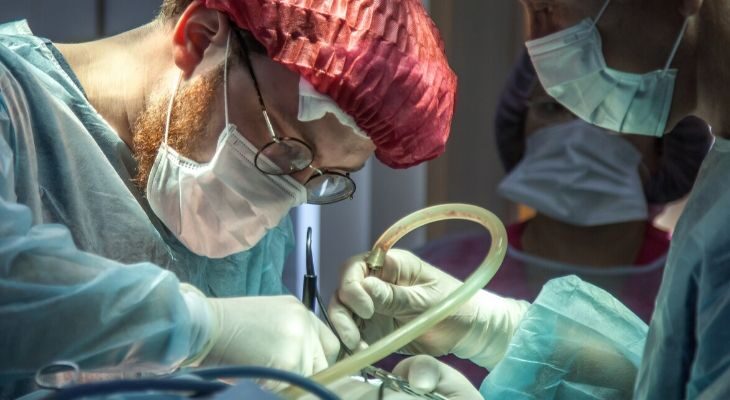Table of Contents
This type of cancer tend to be indolent, or slow-growing, and does not cause many symptoms until the cancer has spread substantially and releases high levels of hormones. When this happens, this can cause a bunch of symptoms such as flushing (redness of skin), rapid heartbeat, wheezing and diarrhea several times a day, which is referred to as carcinoid syndrome.
Between 11,000 and 12,000 carcinoid tumors are diagnosed each year in the United States with two out of three of them starting in the gastrointestinal tract.
Treatment for gastrointestinal carcinoid tumors may consist of one or more of the following treatment options:
Surgery
The most common treatment for gastrointestinal carcinoid tumors is surgery, and has a pretty high success rate.
Appendectomy
This type of surgery included the removal of the appendix.
Fulguration
This procedure takes place when the carcinoid tumor is destroyed with an electrical current.
Local Excision
This type of operation takes place when only the tumor is removed, along with a small section of surrounding tissue to ensure the cancer has not spread to other areas of the body.
Small Bowel Resection
This occurs when part of the small intestine must be removed along with the carcinoid tumor.
Segmental Colon Resection or Hemicolectomy
This procedure takes place when a large part of the colon (approximately half) needs to be removed along with the tumor.
Abdominoperineal resection
This surgery removes the rectum, anus and lower part of the colon and is reserved for only very invasive carcinoid tumors that have spread to the lower rectum.
Radiation Therapy
External radiation typically is reserved to aid in reducing pain and discomfort associated with advanced gastrointestinal carcinoid cancer.
Chemotherapy
Carcinoid tumors typically do not respond well to chemotherapy. It is usually only used to treat those tumors that have spread to other nearby organs and have not responded to other treatments.
Hormone Therapy
The use of specialized treatments that block the action of the hormones that are produced by carcinoid tumors.





